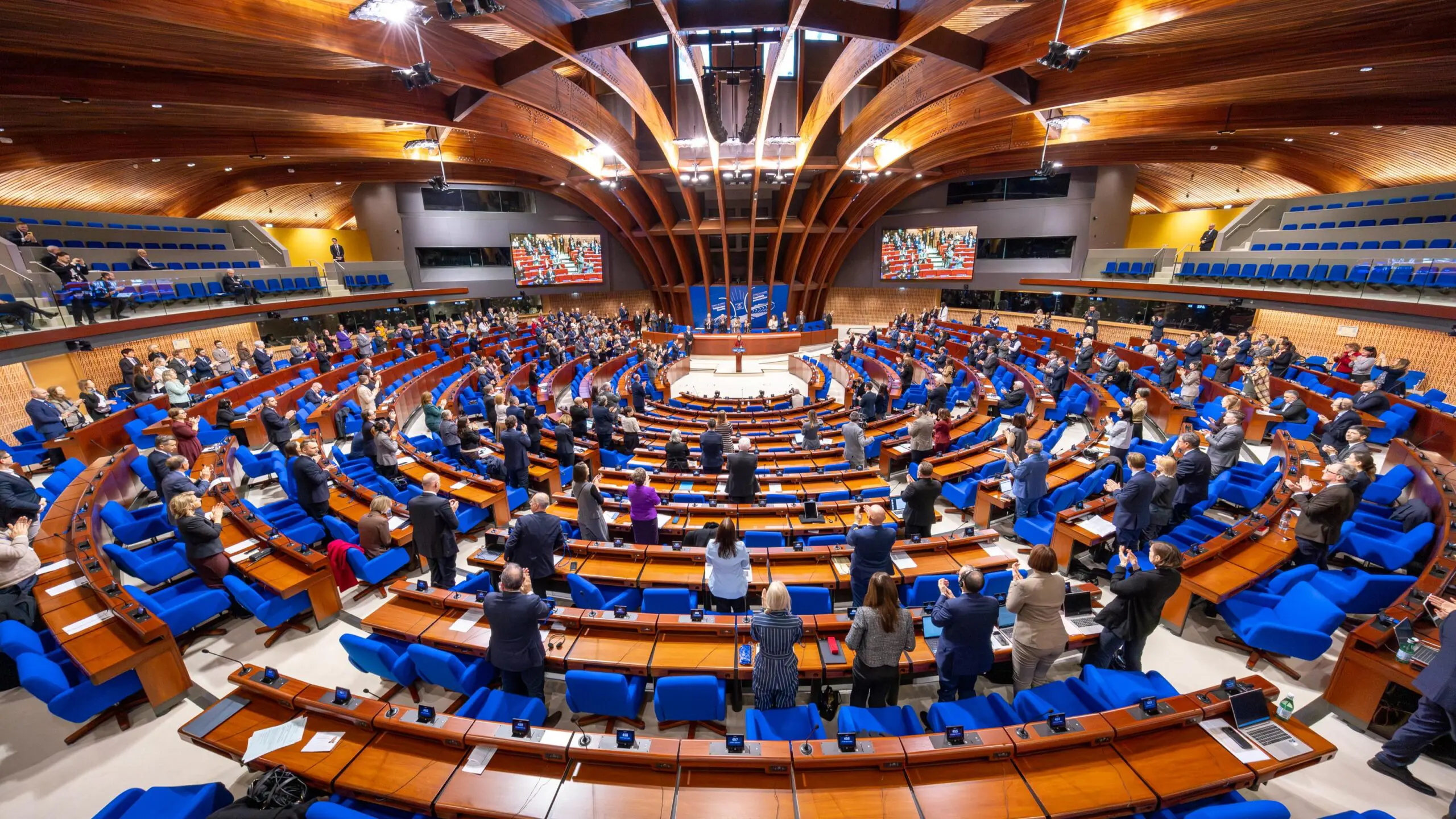From Febrry 1st 2022 – EU action to facilitate travel during the COVID-19 pandemic
Since the beginning of the pandemic, member states have adopted several measures to protect public health, some of which have had a significant impact on the freedom of movement of persons, for example, the introduction of internal border controls or travel restrictions within the EU.
[ALSO READ IN BETWEEN OUR “HARVARD ANSWERS” ARTICLES TO HELP NATURALLY IMPROVE YOUR IMMUNE SYSTEM]
The decision on whether to introduce restrictions on free movement to protect public health remains the responsibility of the member states. To avoid fragmentation and disruption of services, and to ensure transparency and predictability for citizens and businesses, the Council is working to ensure coordination between EU countries.
On this page you can learn more about what the EU has done to facilitate travel:
- the Council recommendation on travel within the EU
- how to plan your journeys with the Re-open EU website and app
- passenger rights during the COVID-19 pandemic
- contact-tracing apps across borders
Council recommendation on travel measures in the EU
The Council has adopted a recommendation (EU 2020/1475) establishing common criteria and a common framework on travel measures in response to the COVID-19 pandemic. The recommendation helps member states take decisions in a coordinated manner.
The recommendation was first adopted on 13 October 2020 and it was updated on 1 February and 14 June 2021. A new recommendation was adopted on 25 January 2022 (EU 2022/107) in response to the significant increase in vaccine uptake and the rapid roll-out of the EU digital COVID certificate.
Under the new recommendation, COVID-19 measures should be applied at personal rather than regional level, with the exception of areas where the virus is circulating at very high levels (dark red areas).
- COVID-19: Council adopts a revised recommendation on measures affecting free movement (press release, 25 January 2022)
- COVID-19: Council updates recommendation on free movement restrictions (press release, 14 June 2021)
- COVID-19: Council adopts a recommendation to coordinate measures affecting free movement (press release, 13 October 2020)
People with a valid EU digital COVID certificate
Travellers in possession of a valid EU digital COVID certificate should not be subject to additional restrictions to free movement.
A valid EU digital COVID certificate includes:
- a vaccination certificate for a vaccine approved by the European Medicines Agency (EMA), where at least 14 and no more than 270 days have passed since the last dose of the primary vaccination series or if the person has received a booster dose
- a negative PCR test result obtained no more than 72 hours before travelling or a negative rapid antigen test obtained no more than 24 hours before travelling
- a certificate of recovery indicating that no more than 180 days have passed since the date of the first positive PCR test result
Member states could also accept vaccination certificates for WHO-approved vaccines.
The certificate has been in use since 1 July 2021. It is valid in all 27 EU countries and is also currently recognised by 33 non-EU countries and territories. The certificate is issued by national authorities free of charge. Holding a certificate is not a precondition for exercising the right to free movement and it is not a travel document.
- EU digital COVID certificate: how it works (background information)
- List of WHO-approved vaccines (World Health Organization)
- List of EU-approved vaccines (European Medicines Agency)
- Recognition by the EU of COVID certificates issued by non-EU countries (European Commission)
People without a valid EU digital COVID certificate
People without a valid EU digital COVID certificate could be required to take a test prior to travelling or no later than 24 hours after arrival.
Transport workers, patients travelling for imperative medical reasons, seafarers and frequent travellers living in border regions should be exempt from this requirement.
Children
Children under 12 years old should not be required to hold an EU digital COVID certificate. The same rules apply to children between 12 and 18 years old as to adults.
Mapping of risk areas and related measures
The European Centre for Disease Prevention and Control (ECDC) produces a weekly common colour-coded COVID-19 risk map broken down by region with data provided by member states on the following common criteria:
- testing rate: the number of tests per 100 000 people during the last week
- 14-day cumulative cases: the number of new cases per 100 000 people in the last 14 days
- vaccination uptake
EU countries have agreed on four risk area categories: green, orange, red and dark red.
Based on the map, member states should apply measures regarding travel to and from dark red areas, where the virus is circulating at very high levels.
- all non-essential travel to those areas should be discouraged
- possible additional measures for non-vaccinated or non-recovered travellers: testing prior to arrival and quarantine/self-isolation upon arrival
- children under 6 should be exempt from quarantine or testing
- children under 12 should be exempt from quarantine if they have a valid EU digital COVID certificate
- Weekly colour-coded map (ECDC website)
Emergency brake
A member state or the European Commission can trigger an emergency brake based on information from ECDC reports:
- if the epidemiological situation in a region deteriorates rapidly
- in particular where a variant of concern or interest is detected
Under the emergency brake, measures such as testing and quarantine can be introduced, including for EU digital COVID certificate holders and essential travellers. If the emergency brake is triggered, EU countries should discuss possible coordinated measures in the Council, in cooperation with the European Commission.







